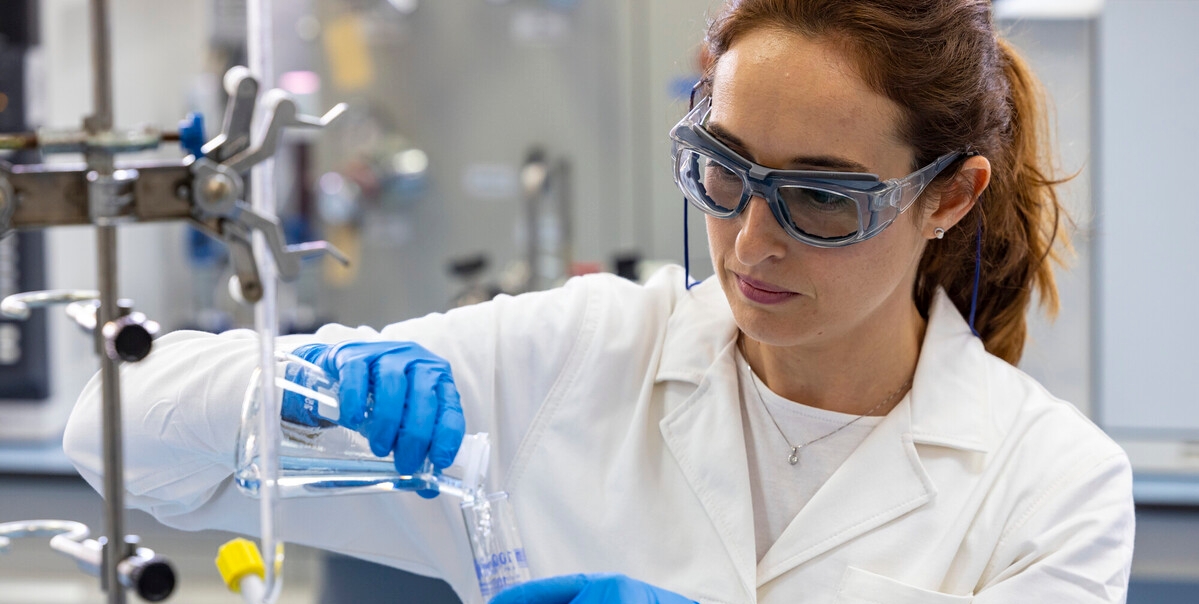There are several reasons that may hinder the participation of girls in STEM (Science, Technology, Engineering, and Mathematics) fields.
One of the most significant reasons is the feeling of inadequacy that many girls have about themselves. This feeling can stem from cultural and social factors that convey the message that these fields are more suitable for boys.
Moreover, the lack of successful female role models in these areas also has a significant impact. Many girls, due to the absence of accessible and successful models in scientific and technical fields, feel less motivated to pursue these disciplines. This issue becomes particularly crucial when girls face challenges in self-confidence and self-belief during the early stages of their education.
Positive and negative feedback from family, teachers, and society can greatly influence girls’ self-esteem. In many societies, societal expectations of girls lead them to feel unprepared to choose scientific or technical fields. Specifically, familial and cultural expectations may steer them toward other disciplines that are more in line with the traditional social identity of femininity. Additionally, differences in academic preparedness are another factor that affects girls’ educational choices.
In many countries, girls may perform poorly in some scientific subjects during their early education, which gradually leads to a decrease in their confidence and motivation to continue in these fields.
To address this issue, experts emphasize the importance of boosting girls’ self-confidence and creating educational and supportive environments. Providing more opportunities for girls to participate in scientific activities and introducing successful female role models in these areas could help reduce this gap. Moreover, paying attention to the individual and psychological needs of girls in educational settings could pave the way for their increased participation in STEM fields.
Wall Street Journal


